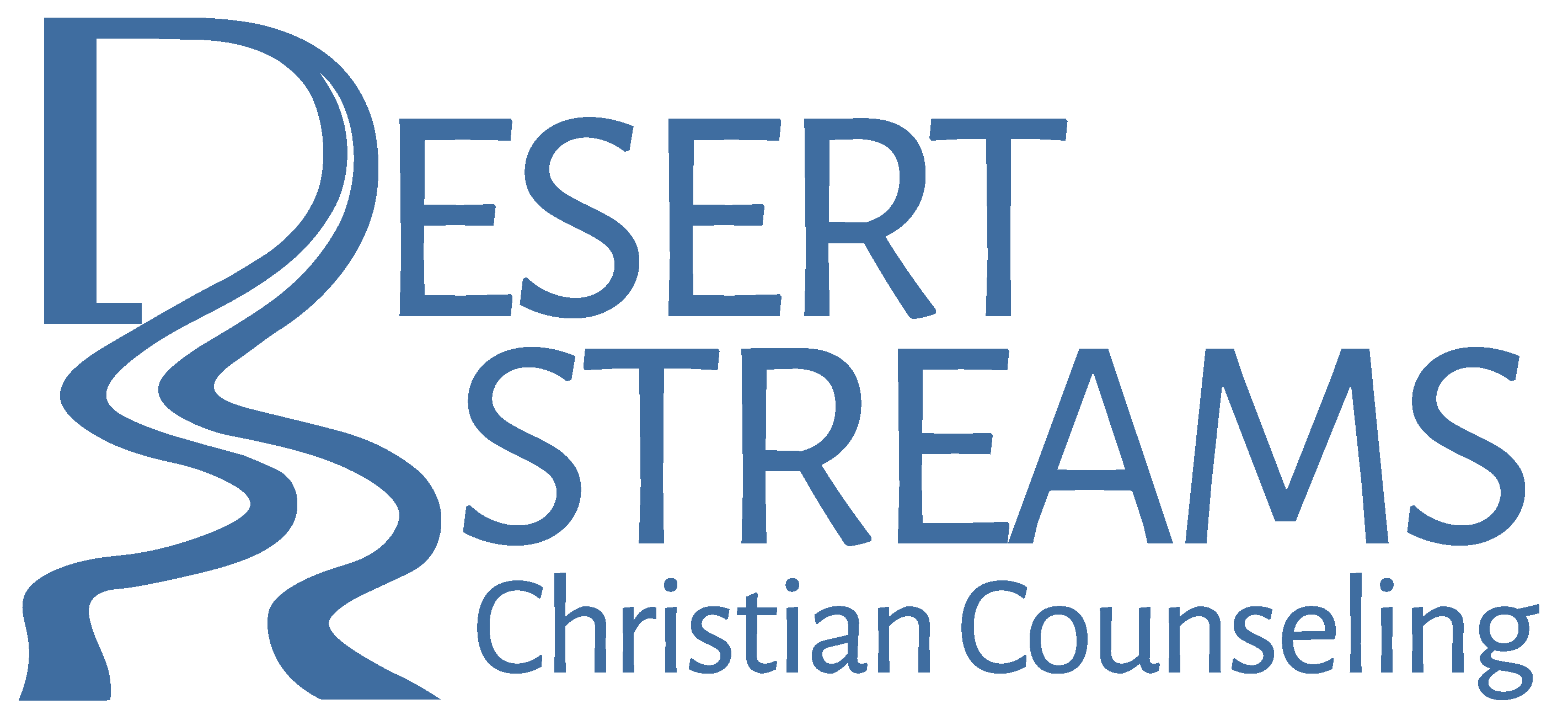Codependency is a term meaning a type of dysfunctional “helping” relationship where one person supports or enables another person’s addiction, immaturity, irresponsibility, or underachievement. There are some core common themes in identifying if one is codependent, the most common is an excessive reliance on other people for approval and a sense of identity Other symptoms include : low self esteem, being a people pleaser, having poor boundaries in relationships, be reactive in relationships, being a caretaker, excessive control of self and others, obsessing about others and relationships, and dependency-needing others to like you.
There is hope for those struggling with codependency, but with like any relationship issue, it is recognizing that we are doing it is the first step towards turning things around. Asking yourself if you are struggling with the above stated symptoms. In recovering from codependency it is helpful to have a counselor or close friend to help you navigate change.
Here are some things to consider to begin your journey:
1. What are some ways to strengthen your self esteem that does not involve codependent behaviors?
2. Set healthy boundaries, identify which boundaries have been unhealthy and identify how you will change those boundaries in a concrete way.
3. Exercise choosing to not react to people’s thoughts and feelings, realizing this is someone’s opinion.
4. Look at who you are being a caretaker for, does that person even want your help, or are they taking active changes to be more responsible for their life.
5. Keep control in check, are you being careful to honor other’s boundaries.
6. Keep your thoughts in check, do you spend a large amount of time thinking about people and relationships in your life, if so, on purpose limit the time that you do this.
7. Ask yourself honestly do you have some relationships in your life, just so that you don’t feel alone, rejected or abandoned, even though these relationships may not be healthy.
It is challenging to do this type of inventory and asking yourself these tough questions. Doing so, can be the catalyst to some healthy change, more confidence and a sense of peace and freedom in your life.
Respectfully submitted by Pam Stinchcomb, LMSW






